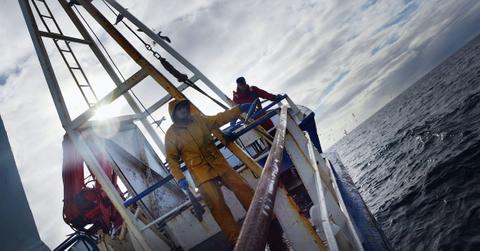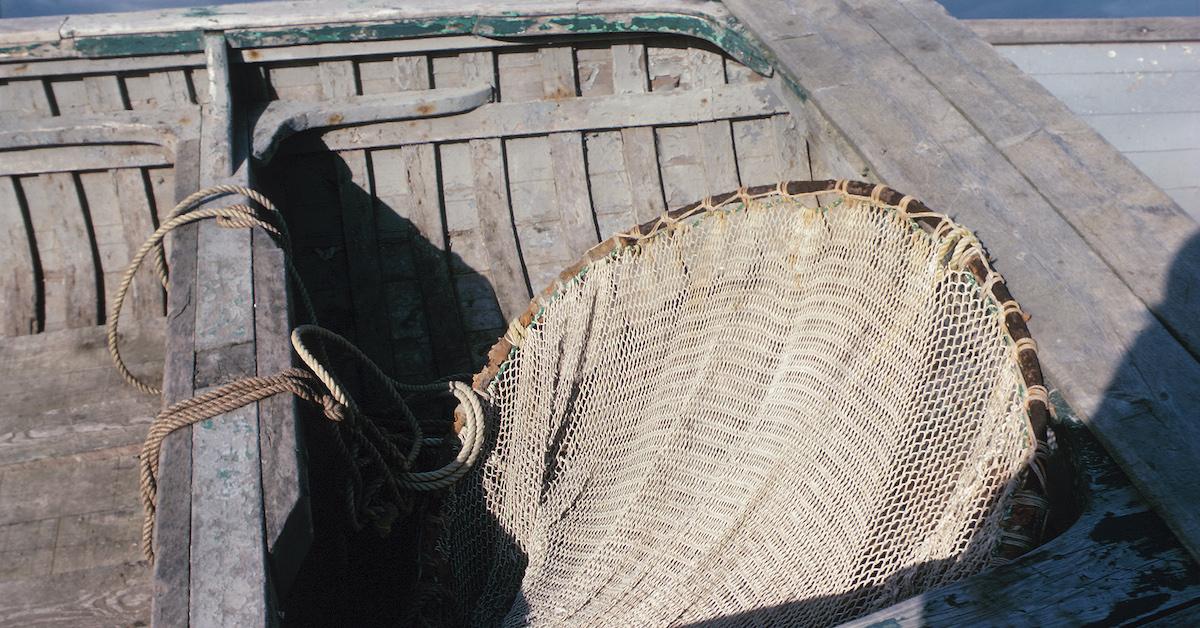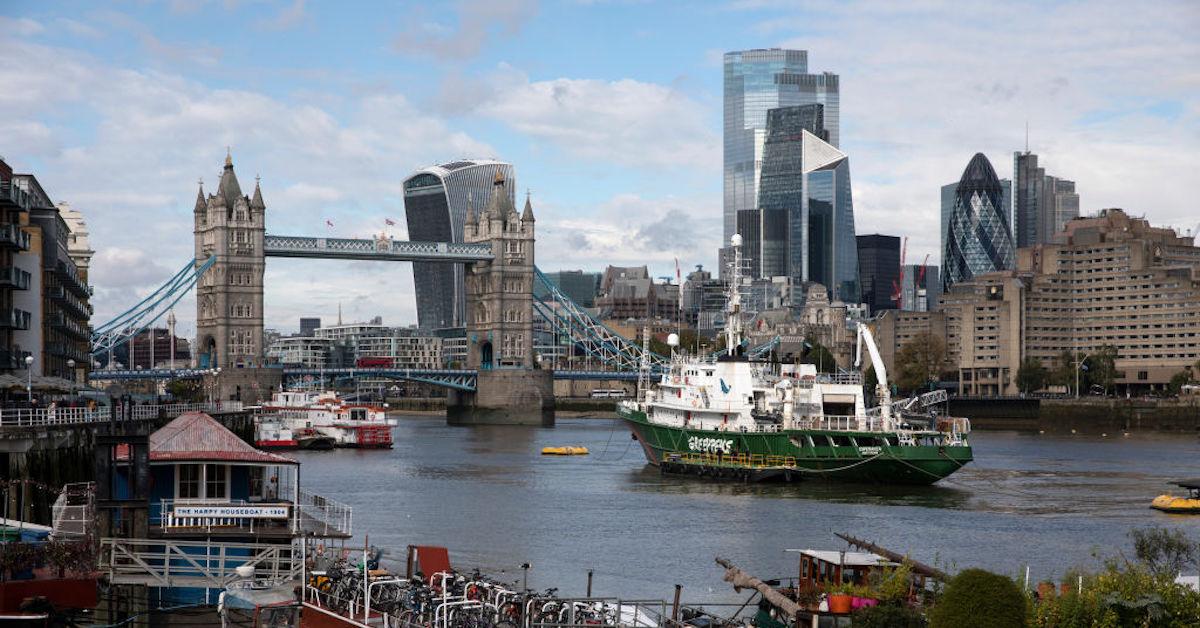The U.K. May Ban Bottom Trawling — What That Means for Fishers
Updated Feb. 12 2021, 12:07 p.m. ET

Commercial fishing is notoriously unsustainable — overfishing ravages the same types of marine life over and over again, hurting undersea ecosystems and destroying biodiversity. Coral reefs are also frequently damaged by fishing boats, while fishers often inadvertently snag bycatch, or non-targeted marine animals such as dolphins, whales, and sharks, who inevitably get caught and injured in massive nets or get clipped by boat motors.
However, many countries are currently looking to make their fishing practices more sustainable, in order to lower their environmental impact. The U.K., for example, is looking to ban bottom trawling.

What is bottom trawling?
Bottom trawling is a technique that involves fishers dragging heavy nets with a wide mouth and an enclosed end along the ocean floor, according to Oceana. This ultimately entraps a wide variety of creatures who aren't meant to be caught, and crushes, suffocates, and rips up fragile and unsuspecting vegetation, like coral and sponges. It's devastated a variety of undersea habitats along the West Coast, and has permanently destroyed countless coral colonies.
Bottom trawling can cause seafloor disturbance and hurt "the commercially important fish, and fishing communities, that are supported by the ecosystem," the NOAA writes.
Animals caught in trawling nets are often injured or left for dead by fishers, who toss them off the boat regardless of their well-being. Many of these animals also become displaced and are left without coral colony or sponge community homes after they're destroyed in the net's wake. Many of these overfished species, including crabs and rockfish, can only recover with corals and other protective structures, so oftentimes, they simply die off as a result.

Bottom trawling may be banned in the U.K.
Bottom trawling is on its way to being banned and limited in four of England's Marine Protected Areas (MPAs), according to EcoWatch, which the Marine Management Organization will consult through March 28, 2021. The four areas include Dogger Bank Special Area of Conservation; Canyons Marine Conservation Zone; South Dorset Marine Conservation Zone; and Inner Dowsing, Race Bank and North Ridge Special Area of Conservation. These areas span 14,000 square kilometers of undersea land that experience overfishing.
The proposed bylaws have been a long time coming — they will ban both trawling and dredging, a similar technique in two of these sites, and trawling will be extremely limited in the other two. The U.K. has been increasing its efforts to protect the country's waters, and is looking to continue to enforce laws to help its marine environments prosper. Although there is definitely more work to be done, this is an incredibly solid start for marine protection.
"Action in these four sites is only the tip of the iceberg in terms of the scale needed to solve the crisis facing our oceans," said Chris Thorne, an oceans campaigner at Greenpeace UK, according to EcoWatch. "This process shows that the government is prepared to use its new Brexit powers to properly protect our seas."

Botton trawling is only one of the devastating aspects of the commercial fishing industry, but implementing more trawling bans worldwide will definitely make a major difference.